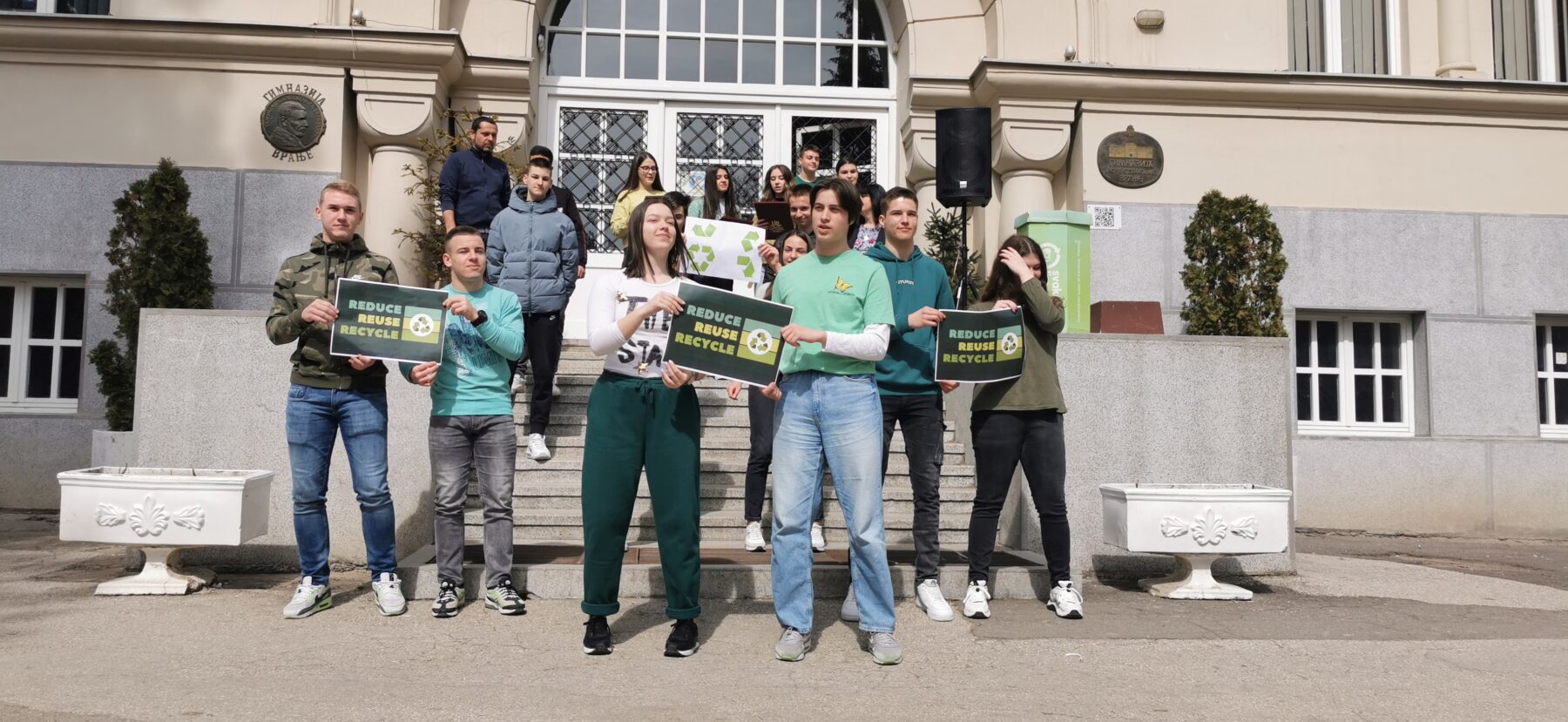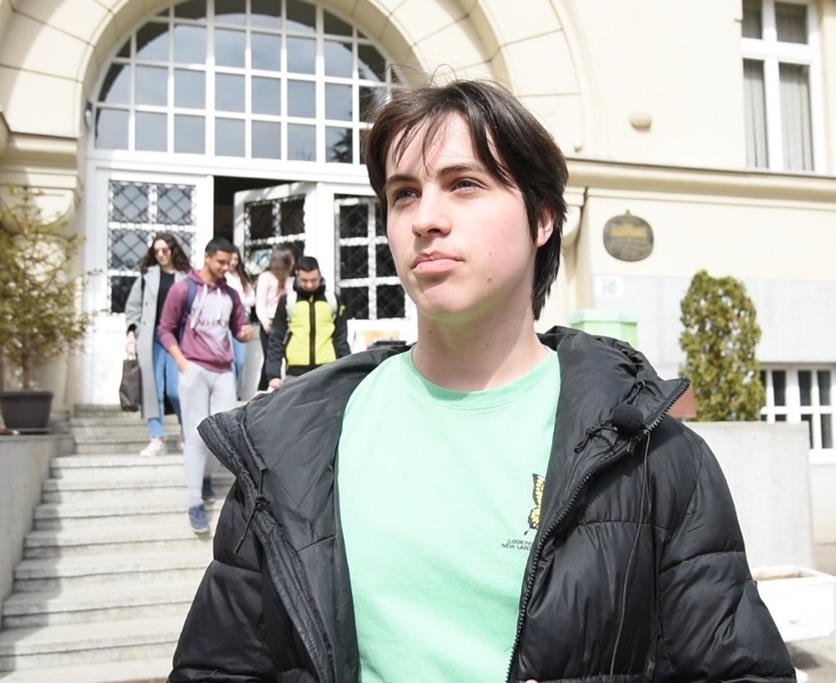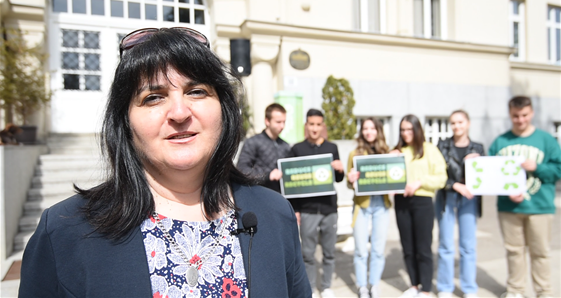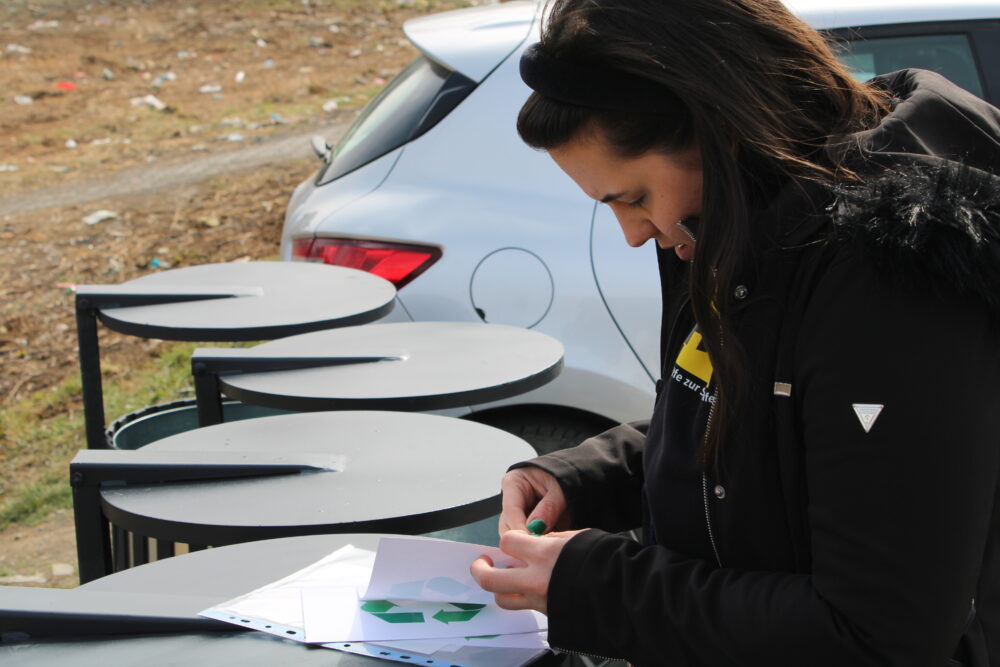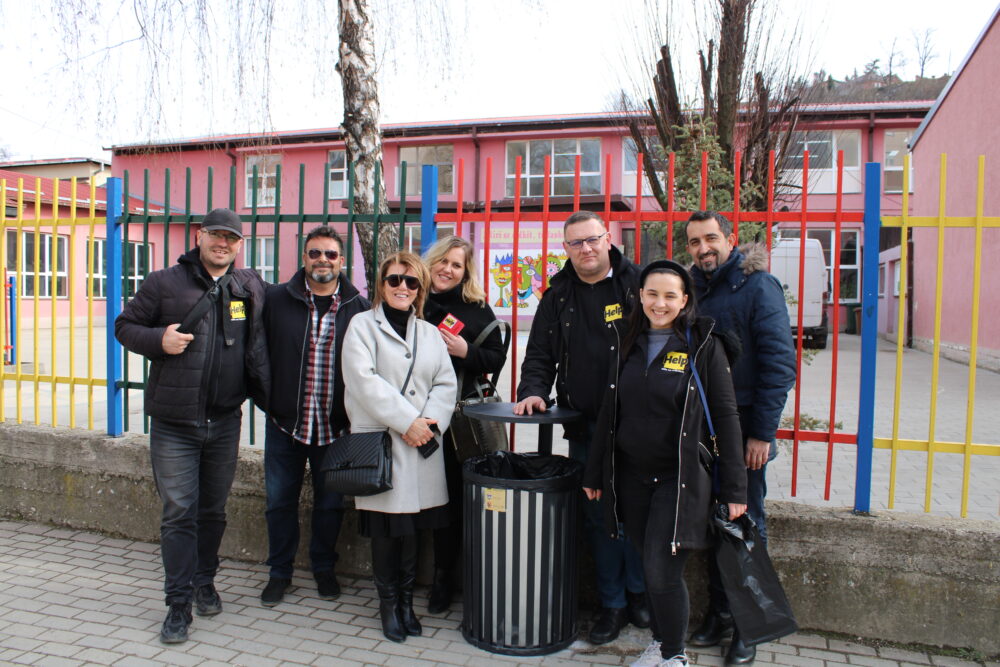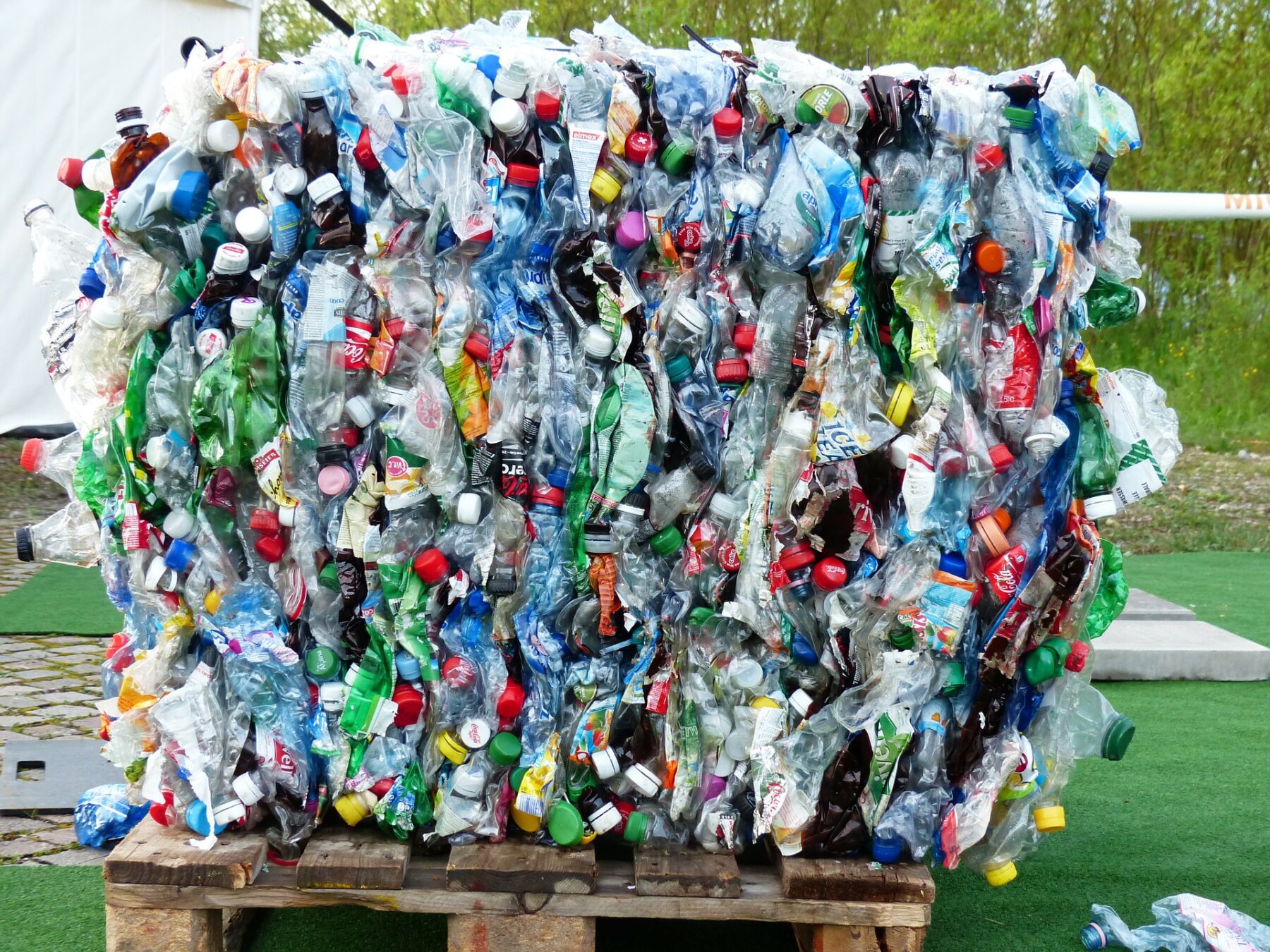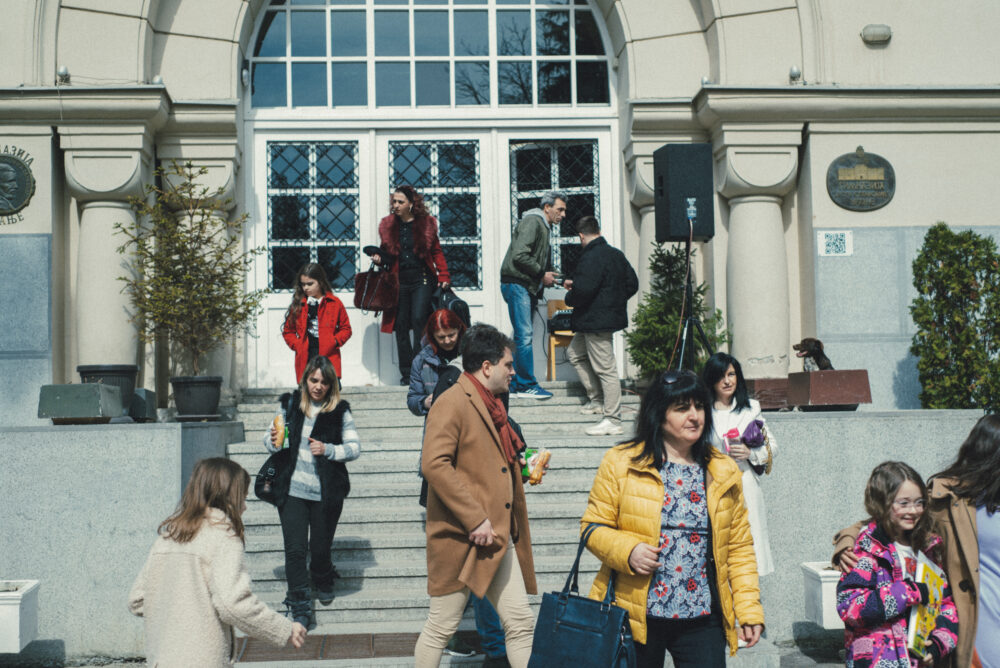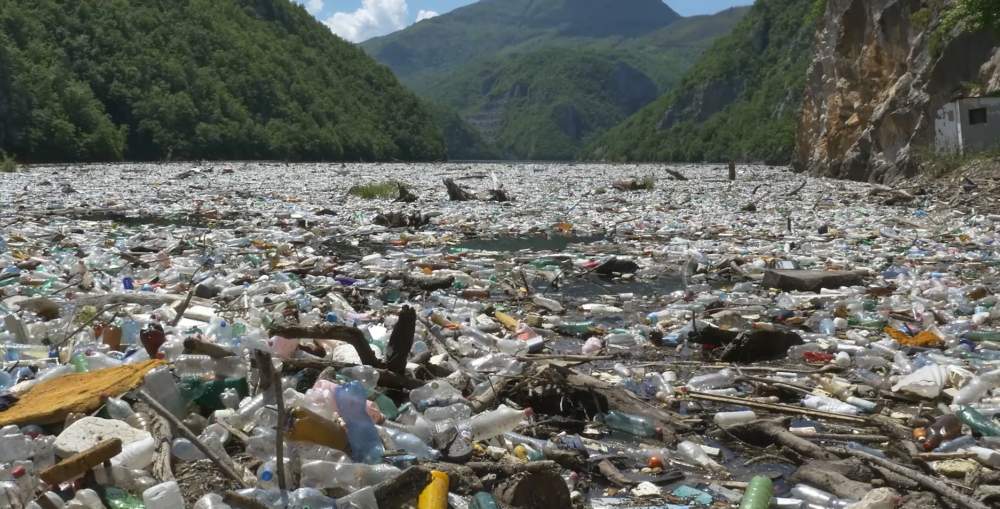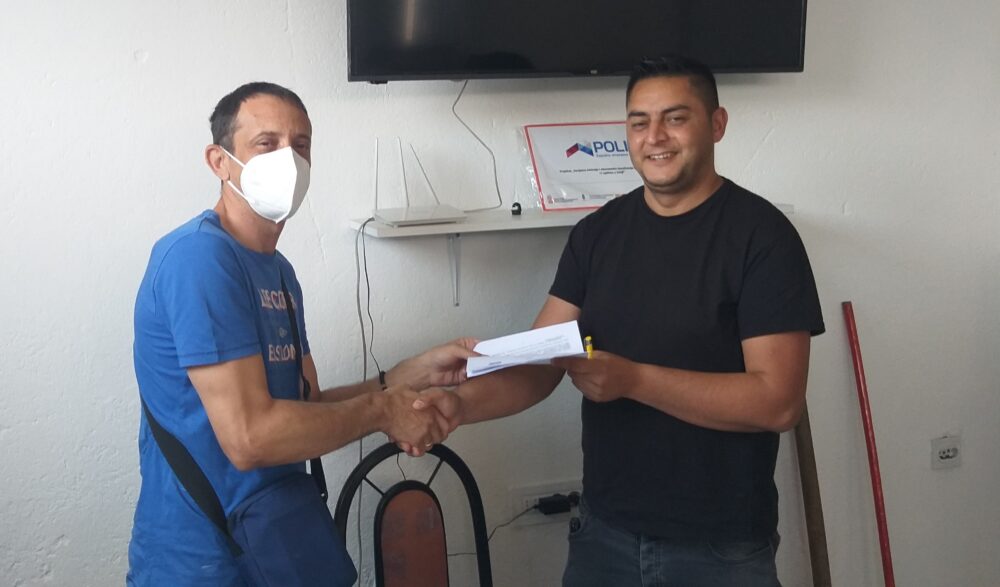Every day is a recycling day (Global Recycling Day 18 Mar 2022)
The Global Recycling Day was established in 2015 and was first marked at the initiative of the Global Recycling Foundation in 2018
Global Recycling Day was establishished in 2015 and was first marked at the initiative of the Global Recycling Foundation in 2018 when it was finally recognised as the official day of teh UN in September of the same year, thanks to the campaign of the Global Recycling Foundation and the UNIDO (United Nations Industrial Development Organisation).
Uncontrolled and arrogant exploitation of the six natural resources (water, air, oil, natural gas, coal, and minerals) has consumed more in the last fifty years than in the hystory of mankind further burdens the ecosystem generating 2,1 billion metric tons of solid waste annually (of which only 16 per cent is recycled).
Bearing in mind that the use of recyclable materials (waste) saves 700 million metric tons of CO2 emissions annually, recyclable materials, i.e. waste, are named the seventh resource, thanks to the role that recycling has in the circular economy.
Global waste is expected to rise to 3,4 billion tons by 2050 and a recycling rate of 16 per cent is not enough, as about 46 per cent of global waste is disposed unsustainably, in landfills, illegal dumps, in water, which has led to the extinction of many natural species and habitats.
Because of all that, we believe that every day should be a recycling day and that recycling should become an integral part of our lives. By applying a bottom-up approach, and gradually integrating the system into a single systemic infrastructure, each of us, through individual actions, contributes to joint efforts to the change we need: daily, regular separation, disposal, and waste recycling in a prescribed manner and compliance with environmental standards.
To raise awareness about the importance of recycling and employment according to the circular economy model, with recycling, on Friday, 18 March, together with our beneficiaries and local partners, we marked the Global Recycling Day with coordinated activities throughout the region.
At the "Bora Stankovic" Grammar School in Vranje, the students held a performance with the help of their biology and geography professors, Ms Gordana Nikolic, and Mr Dragan Antic, respectfully, and talked about the importance of recycling.
Bratislav, a second-grade student, is proud of the school's environmental group and its size: "We have an eco-group Nas svet, nasa pravila (Our world, our rules) and we are working to keep our school and our environment clean. We plant trees, organise the waste collection in different parts of our city".
Djordje, first-grade student, said: "We never leave the classroom without first removing every piece of paper or other waste, and we regularly maintain the park in front of the school together. I think everybody should recycle as much waste as possible to get more energy and contribute to reducing pollution".
Biology professor Gordana Nikolic, supported her students, and said: "Given that we have ecology, protection, and improvement of the environment within the curriculum, we wanted to raise the eco-awareness of students and citizens. Considering that recycling is important, in the renewal and improvement of the environment, and that we spend huge amounts of resources and do not return anything to nature, our motif is - let's recycle!"
Only twenty kilometers south, in Bujanovac, instead of a day of collecting and recycling, a presentation was held for employees and members of the Roma Humanitarian Centre.
Ms Lidija Stojkovic Janjic, a graduate biologist and local activist held a presentation about ecology, recycling, how to use resources. As a microbiologist in a water factory, Lidija emphasised the importance of the ISO 14001 standard, which means environmental management and reduction of the negative impact of business processes on the environment. This standard controls the risk of environmental pollution and establishes mechanisms that over time reduce the risks and the number of incidents and strengthen the organisation's reliability in meeting legal and other environmental requirements.
However, awareness-raising remains the primary tool used in increasing recycling and that often may seem like a very difficult thing to do, because people do not easily give up their habits. Thus far, efficient recycling requires a proper primary selection/separation of waste at our doorsteps, the effect is greater.
She cites the example or the Norwegian Lillehammer city where three hundred households use the heating on the energy created on the collected organic waste alone.
"A glass of bottle can be 100 per cent recycled, and its disintegration time is million years, compared to a human lifespan, that means never. Glass in Serbia is poorly recycled, glass ends up in the municipal waste, landfills, and we in Bujanovac do not have a sanitary landfill".
with the message for all :
"The message is: think globally, act locally. That means, all of us, everyone in their family, their house, in their neighbourhood, in their city, we must care globally, because it all comes back like a boomerang. It is the ultimate hour that we take care, first in our homes, to separate the waste, to teach our children, and to educate future generations to think ecologically, and all of us (together), to save this planet because we have no other".
Help marked the Global Recycling Day throught the region Sarajevo, Bar, Niksic, Pristina...
At the Elementary School "Aleksa Santic" in Sarajevo, Mr Rijad Tikvesa from the local association "Ekotim" introduced students to the importance of recycling and the current recycling situation in Bosnia and Herzegovina. He emphasised that the recycling is an important part of the circular economy that aims to reduce pollution and to the more rational use of limited national resources for the benefit of society and future generations.
In Montenegro, activities on marking the Global Recycling Day unfolded for two days in a raw in several locations. In Bar was organised cleaning of the seaside. In Niksic, cleaning of the park and the promenade with the local partners. A video story of the five Roma-Egyptian families from the Talum settlement in Berane, who are dealing with teh metal collecting and separation, and that were supported by Help, you can find here: https://www.youtube.com/watch?v=Z7h91T59kgs
In Prishtina, the Global Recycling Day was marked by the installation of the outdoor waste bins in front of two primary schools “Gjergj Fishta” and “Elena Gjika”. The activity was enabled through combined effect of Help, Kosovo Correctional Service, and the City Administration. The contemporary desing outdoor waste bins were produced by prisoners in Dubrava prison, previously provided with the training, tools and materials to produce bins. The installation was implemented by the City.
Project
Enhancing awareness & employment through recycling
Recycling in Serbia enhanced while supporting vulnerable groups with legal employment. Additionally, media campaigns will inform the general public in both Serbia and Bosnia and Herzegovina about proper waste management and reduction of it.
